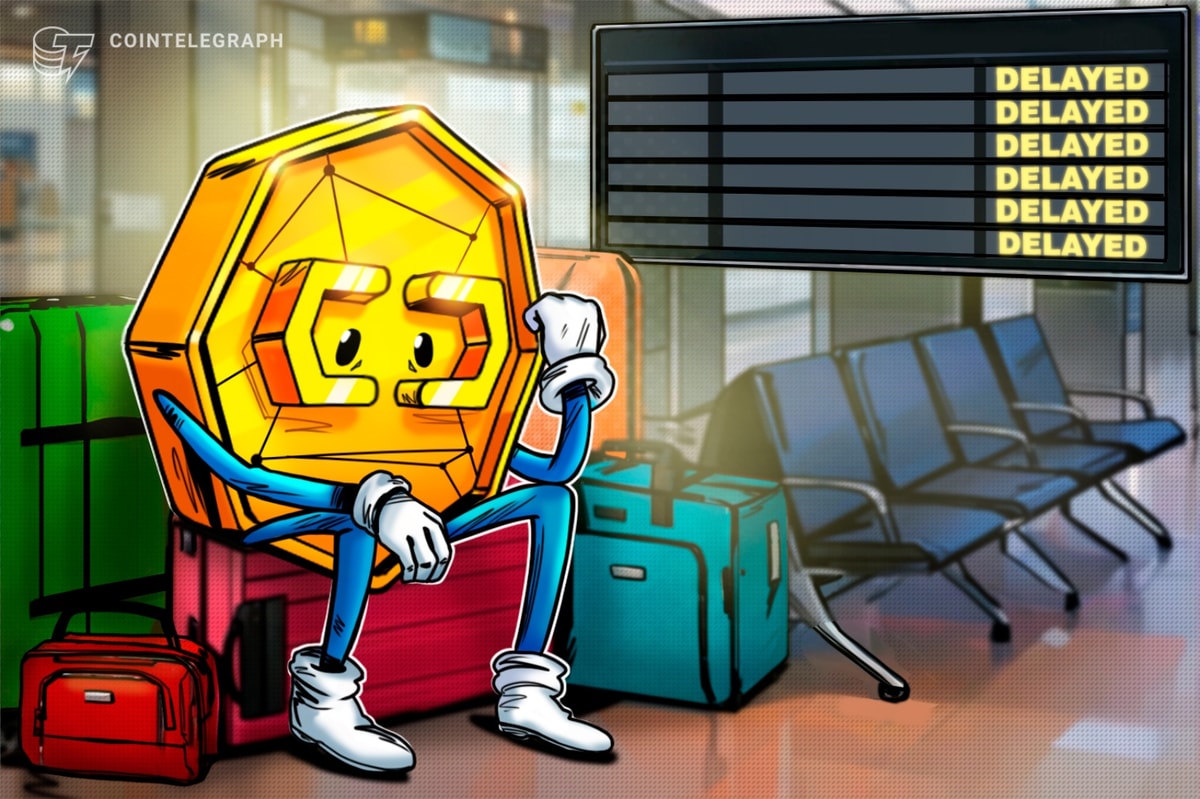David Hodge is the director of European operations for AEI Consultants, an employee-owned international consulting firm that provides comprehensive services to commercial lenders, property owners, managers, tenants, and developers, industries, institutions, government agencies and insurers, including many Fortune 500 companies. Founded in 1992, AEI is based in the San Francisco Bay area, with offices across the United States and Europe.
The views and opinions expressed here are solely those of the author and do not necessarily reflect the views of Cointelegraph.
An increasing number of countries have begun the process of implementing functional and legal frameworks to regulate blockchain-recorded tokens over the past several months, which has led to increasing exploration of these technologies across many investment sectors.
Further, the use of distributed ledger technology (DLT) is a powerful disruptor at the transactional level, where significant disintermediation is occurring — especially with one of the most popular alternative investments: real estate.
Much of the recent regulation — or steps toward regulation — address volatility and risk concerns related to both initial coin offerings (collectively, ICOs) and security token offerings (STOs).
For example, recent regulatory movements include:
In July 2018, Malta passed into law the world's first legislative framework for blockchain and DLT with the purpose of regulating ICOs and STOs, including a benchmark regulatory platform and process.
In December 2018, the Council of the European Union published the G-20 declaration titled “Building Consensus for Fair and Sustainable Development,” summarizing the discussions at the 13th G-20 meeting in Buenos Aires, Argentina.
Following the G-20 declaration, seven European Union countries — the “Mediterranean Seven" — signed a declaration agreeing to cooperate on blockchain and DLT technologies. Malta took the initiative to launch the declaration, the other signatories included Italy, Spain, France, Portugal, Cyprus and Greece. The agreement binds the signatory countries to promote the technology and work together in the blockchain sphere.
Switzerland also provided a dedicated framework for cryptocurrency, as did the Isle of Man.
The United States Securities and Exchange Commission (SEC) continued to treat ICOs as securities until September 2018, when clarification was sought from the SEC Chairman in a formal letter, following a meeting in Washington attended by representatives from Wall Street, venture capitalists, cryptocurrency firms and the U.S. Chamber of Commerce. A letter was prepared by the group and signed by more than a dozen members of Congress for the SEC chairman, ultimately inspiring four crypto-friendly bills to go to Congress in early 2019.
South Korea and Brazil banned investment in ICOs in 2018.
As many groups are seeking to fine-tune and standardize definitions of the different types of tokens, much of this regulation recognizes that STOs — which, unlike most ICOs, are backed by physical assets — could be the solution to security and fraud concerns surrounding ICOs and other types of crypto tokens.
Additionally, STO raises had a 95% completion rate last year. Ultimately, this success and validation has led to broad acceptance of STOs across several sectors, including real estate.
Fractional real estate
The biggest game changer will likely be found in unlocking the liquidity of smaller investors through democratizing access, thanks to fractional real estate (FRE) opportunities.
Since this class of investment was previously only accessible to high-net-worth investors, real estate investment trusts (REITs), opportunity funds, investment vehicles managed by major banks, or institutional investors, the tokenization of investment-grade assets into FRE significantly lowers the barrier of entry, priced at single token value with no traditional minimum investment limits or lock-in periods — creating a simpler and more secure opportunity for investors to buy in to.
Data
Another way that the real estate investment and transaction landscape is changing due to blockchain technologies is the use of DLT to create public, state and federal government blockchains for all types of real estate-related databases, which increases accessibility, reduces rework, simplifies transactional procedures and reduces time frames.
Universal regulatory acceptance
While there is still a long way to go when it comes to universal regulatory acceptance — for example, China, India and several other countries have banned STOs outright in recent years — crypto tokens and DLT are changing investment processes in major real estate markets around the world.
The expansion of DLT usage — in title verification, valuation, diligence, insurance payment and settlement, smart contacts, construction monitoring and material verification — in conjunction with an increase in FRE STO opportunities, has a strong growth outlook for 2019.











